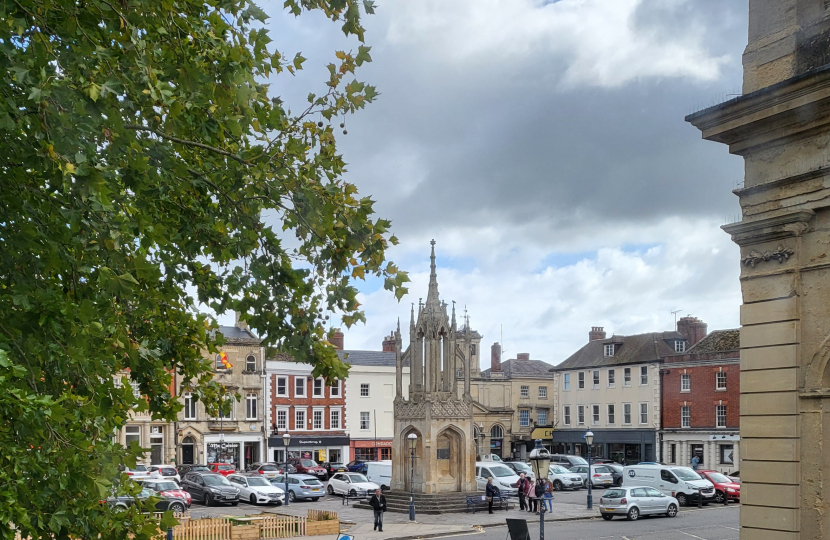
The Queen’s death on 8 September obliterated the coverage of the energy support package introduced by the Prime Minister in the Commons that day. Earlier in the week, on our first day back in the Commons after the summer recess, I asked the then Energy Minister (since sacked in the ensuing reshuffle) about the soaring profits and price rises of renewable energy companies (see here). I am glad this has been addressed by the new Government and am hopeful that renewably-generated electricity will start to become cheaper. The domestic energy package itself - and subsequent announcements for businesses - will thankfully cap prices; but the measure must be paid for one day, and most fundamentally we need a better market. The support for heating oil, which a lot of people locally use, was also welcome, though I share the concern that the subsidy here is not as generous as for grid energy.
I spoke in the Commons on the day after Her Majesty’s death to pay tribute to her on behalf of constituents, including and especially all the serving and former soldiers in our area who served under her colours. My speech is here. After the period of mourning - including the local Proclamation which I attended at County Hall in Trowbridge - MPs all swore an oath to the new King. Here I am doing it.
The new Chancellor’s ‘fiscal event’ on Friday has clearly spooked the markets; but trader sentiment is volatile, and once the splash of the new measures subsides I hope we will see a genuine boost has been given to the economy. Those who point out that the changes disproportionately benefit the well-off forget that any tax cut gives more money back to the people who pay most tax. The real test is the dynamic effect of these cuts: whether or not they encourage investment and economic growth, which will raise living standards across the board far more than any targeted taxes or benefits.
In other news, Paypal suspended the accounts of various campaigning organisations with which, one presumes, the company has political differences, including the anti-lockdown group Us For Them, and - rather ironically - the Free Speech Union who stick up for people ‘cancelled’ by powerful bodies. I spoke about this in the Commons this week, pointing out that as we become an increasingly cashless society these financial payment platforms are part of the infrastructure of ordinary life, and should not be allowed to apply an ideological filter to their customers. See my question and Penny Mordaunt, the Leader of the House’s reply here.
Finally, I spoke in the debate on Ukraine this week (see here). In recent weeks the Russians have been driven back; Putin is losing his war; the question now is what he will do in response. I am keen to know that we are ready for the worst - a nuclear attack on Ukraine, on a NATO ally or even on us here in the UK. And short of the worst, are we ready for a longer or wider war; for full scale economic and cyber warfare; for the social effects of a protracted cost of living crisis for millions of ordinary families, exacerbated on purpose by Putin?
I am glad the new Government has indicated we will start building up our Army again, after 30 years of retrenchment. And as ever, I look to the local roots of our resilience, the strength of our families and neighbourhoods and the local government and civil society that supports them. I will be talking about this at the Labour Party Conference, where I’m off to today, and at the Conservative Party Conference next weekend.




